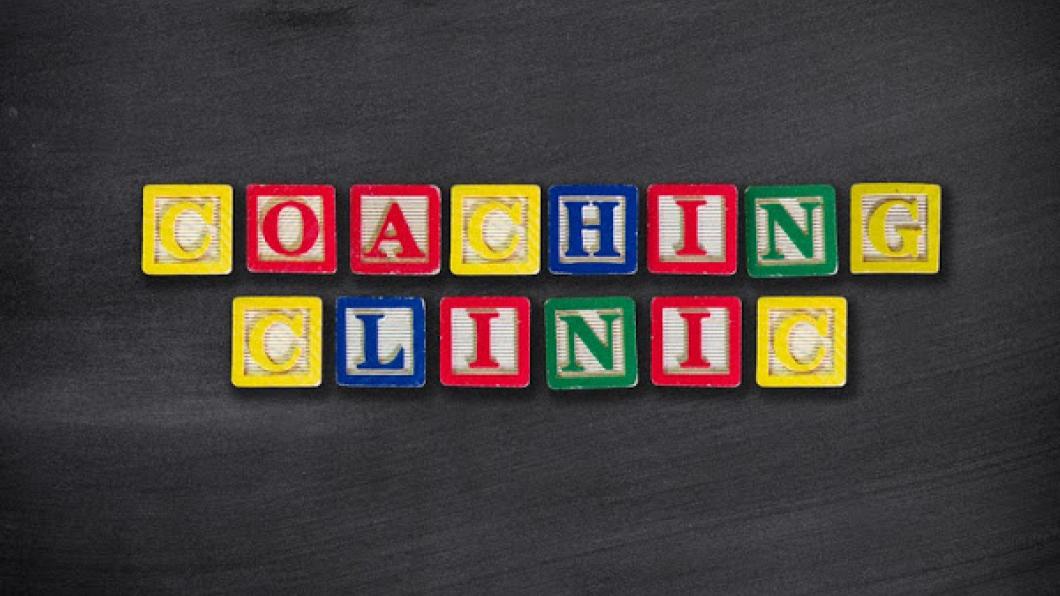
Could surgeons benefit from a coach like athletes do?
By Louise Kinross
I just read a fascinating review of the new book Do No Harm, a memoir by one of Britain's top neurosurgeons Dr. Henry Marsh.
New York Times reviewer Michiko Kakutani describes it as "an extraordinarily intimate, compassionate and sometimes frightening understanding of his vocation."
This quote from the book stands out: "It's one of the painful truths about neurosurgery that you only get good at doing the really difficult cases if you get lots of practice, but that means making lots of mistakes at first and leaving a trail of injured patients behind you."
This reminded me of a National Post story last month in which a Toronto surgeon advocates for ongoing coaching of surgeons using video replays of operations.
"We graduate, and then we start practising," said Dr. Teodor Grantcharov of St. Michael's Hospital. "And nobody watches anymore. Nobody sees what you do and how well you do it. We're waiting on adverse outcomes."
The Post story references a study by Grantcharov in the journal Annals of Surgery that compares coaching residents using video to conventional training in the class and in the operating room with senior surgeons.
According to the study, general surgical residents at the University of Toronto who met with an experienced coach who used a video of a trainee performing an operation to identify errors, then showed an expert clip and gave advice, performed at a higher skill level and made barely half as many technical mistakes as those taught conventionally.
It works for training athletes and pilots. Doesn't it seem like a no-brainer that it would work for surgeons, including neurosurgeons?